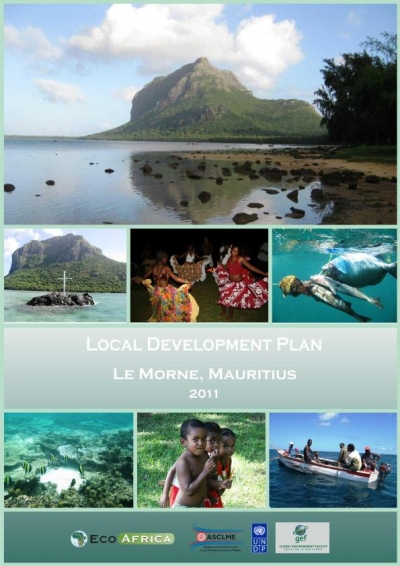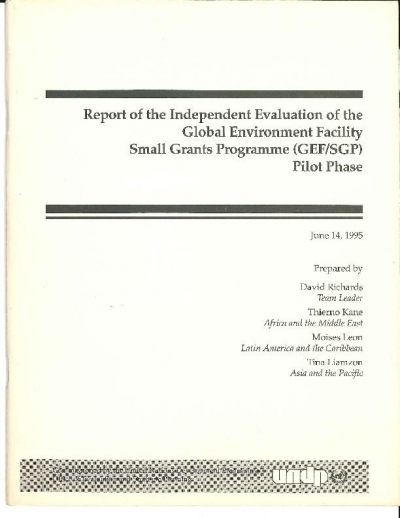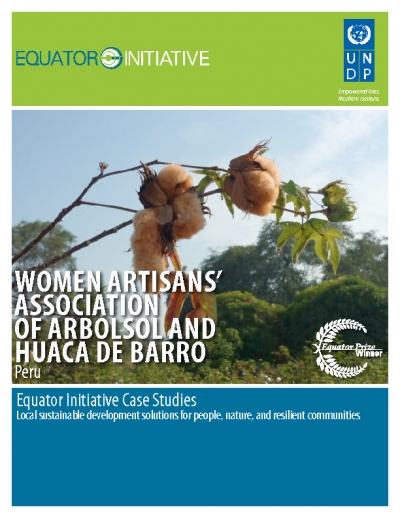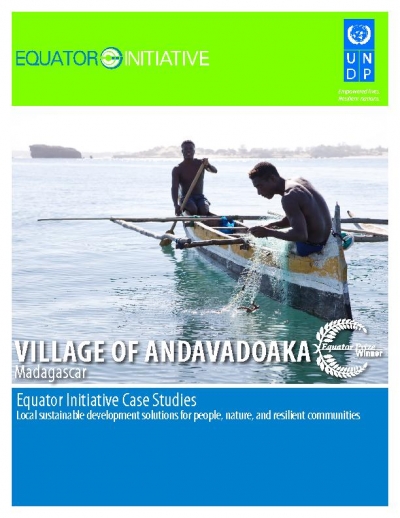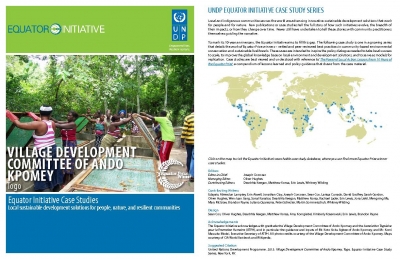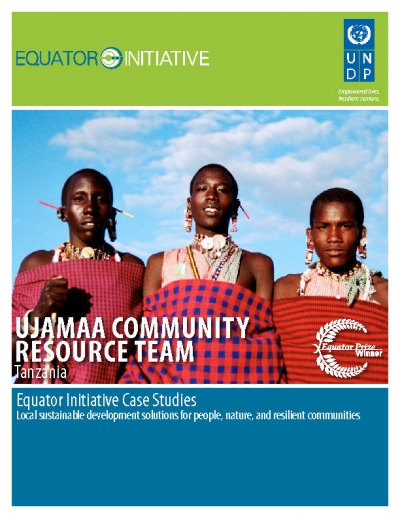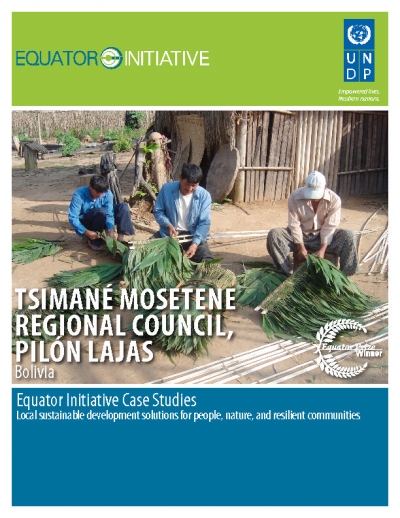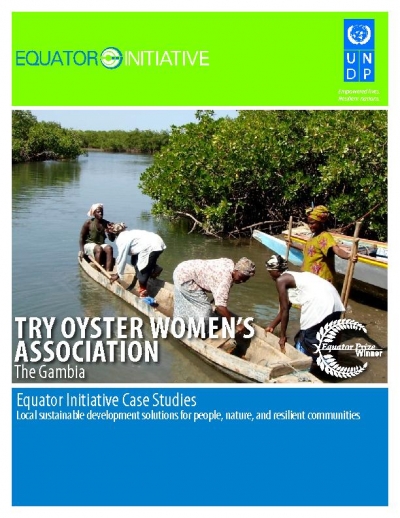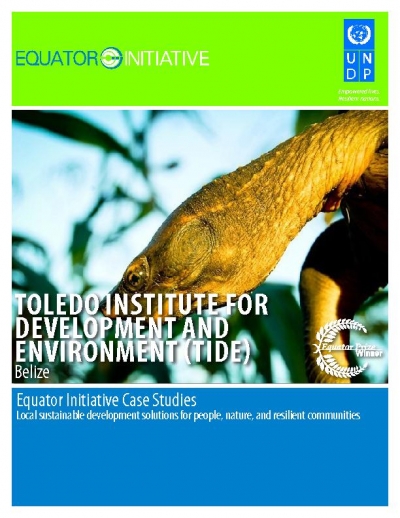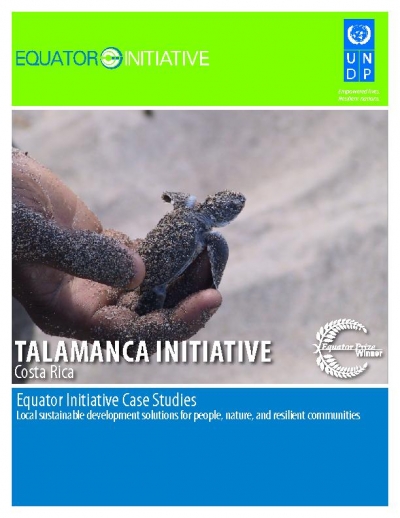1536 Documents found
Founded by local women in 2003, the Women Artisans' Association of Arbolsol and Huaca de Barro (Asociación de Artesanas de Arbolsol y Huaca de Barro – AAAHB) works to recover traditional methods of cotton production that are environmentally responsible and create positive socioeconomic change in Mórrope District, Lambayeque, northern Peru.The association oversees planting and harvesting of native cotton varieties using only pesticides from natural sources. In addition, the association has been active in managing water resources in this semi-arid region. Traditional colours of native cotton...
In response to declining local octopus populations, community leaders in the coastal village of Andavadoaka sought to regulate harvesting practices. With guidance from Blue Ventures, a UK-based NGO, the village authorities created a trial 'no-take zone' in 2004 where octopus hunting was banned for a period of seven months. Enforcement was rooted in the tradition of Dina, or local codes of conduct, which are common throughout Madagascar.The results were increases in the mean weight of octopus caught by around 50%, prompting many neighbouring villages to ask Andavadoaka for support in creating n...
After a devastating bush fire in 1973, the village of Ando Kpomey created a "green belt" buffer around its community that has grown into a 100-hectare forest. A participatory management committee has been established to monitor the forest and its resources and to regulate its use. The community authorizes limited resource extraction to meet livelihood needs and manages revenues generated from the sale of forest-based products. Local women are authorized entry to the community forest to access firewood, significantly reducing the average time needed to forage for cooking fuel. Various crops are...
Ujamaa Community Resource Team works across northern Tanzania to help secure land and resource rights for pastoralist, agro-pastoralist, and hunter-gatherer communities, many of whom are negatively affected by the existence of the country's large protected areas. The group's approach has capitalized on Tanzania's village land legislation, which allows communities to develop by-laws and land use plans for their customary lands, and has also focused on improving the ecosystem management capacity of these communities.By guiding socially marginalized groups through the arduous process of securing ...
Tsimané Mosetene Regional Council of Pilón Lajas works in Bolivia's Biosphere Reserve to conserve biodiversity and to protect the rights of the indigenous peoples within the Reserve. The Regional Council jointly manages the Reserve with Bolivia’s National Service of Protected Areas.In addition to safeguarding wildlife in the protected area by tackling poaching, advancing sustainable agriculture and developing a forestry management plan, the Regional Council group has been involved in the construction of schools in 14 different communities. Additional activities aimed at improving local liv...
TRY Oyster Women's Association brings together 500 female oyster harvesters from 15 villages in the Greater Banjul area. Harvesters are grouped into cooperatives where they exchange sustainable oyster harvesting techniques and receive training in small-scale enterprise development. These cooperatives have ensured access to appropriate equipment and technologies, set higher standards for working and sanitary conditions, and helped to coordinate the processing, packaging and marketing of oysters.The cooperatives have also mobilized to reforest local mangroves and educate the local population on ...
Toledo Institute for Development and Environment (TIDE) partners with local communities to promote sustainable income generation and co-management of both forest and marine resources in the Maya Mountain Marine Corridor, a conservation area covering approximately 739,650 acres of land and the equivalent of 100,000 acres of sea.From its volunteer-led beginning, TIDE has grown to include about 30 full-time staff members. The organization works with communities across three main program areas: education and outreach, resource protection, and research and monitoring. Additionally, TIDE has establi...
Since the late-1970s, local NGO Asociación ANAI has promoted sustainable farming practices in rural communities living within the Talamanca region of Costa Rica. Home to one-third of the country's indigenous people, the canton ranks lowest in many key socioeconomic indicators, including human development, yet is home to some of the country’s richest biodiversity. This natural heritage was threatened by overreliance on cacao farming as a monoculture, which has contributed to a vicious cycle of forest clearance and loss of soil productivity.Asociación ANAI has acted as an incubator for commu...
Page 118 of 154




